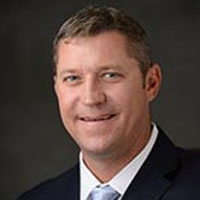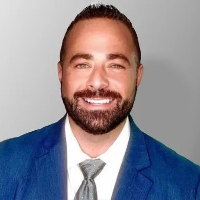 Port Saint Lucie Criminal Lawyers, Florida
Port Saint Lucie Criminal Lawyers, Florida
Sponsored Law Firm
-
 x
x

Click For More Info:
-
Law Office of Matthew D. Schultz
495 Grand Blvd. Suite 206 Miramar Beach, FL 32550» view mapAccident & Injury Law Over 25 Years of Experience
Mr. Schultz is an accomplished lawyer that has over twenty-five years of legal experience in accident & injury matters.
800-960-5971
Sponsored Lawyers
1-10 of 49 matches
Criminal, Divorce & Family Law, Accident & Injury, Workers' Compensation, Wills & Probate
Graduated from Florida State University in 1997 (B.S.) and received a J.D. (Juris doctor) from Stetson University College of Law and a Masters in Business Administration in 2001. He is a member of: American Bar Association Florida Bar Association St. Petersburg Bar Association St. Lucie County Bar Association Florida Academy of Criminal Defense Lawyers (FACDL) National Academy of Criminal Defense Lawyers (NACDL)
(more)Criminal, Felony, DUI-DWI, White Collar Crime
If you’re looking for criminal defense, you want an attorney you can trust and feel comfortable with. Attorney Gabrielle Radcliffe is an attorney you can trust to do her best to achieve the best outcome possible in your case. A former prosecutor, and in-house Police Legal Advisor of many years and for numerous law enforcement agencies, Ms. Radcliffe knows what to look for and will advise you about your options and the best way to proceed. Don’t make rash decisions until you talk to her at your free initial consultation.
(more)Accident & Injury, Wrongful Death, Car Accident, Criminal, Estate
Trusted Florida attorney dedicated to protecting the rights of accident victims and helping families through life’s most difficult challenges. At Katz & Associates, we focus on personal injury and accident cases, ensuring our clients receive full compensation for medical expenses, lost wages, and pain and suffering. Beyond injury law, our firm also provides comprehensive counsel in estate planning, business law, and real estate law. With offices across South Florida, we are committed to accessibility, clear communication, and aggressive advocacy. Every case is handled with personal attention, from initial consultation through resolution. Whether you’ve been injured in a car accident, need guidance on a business transaction, or require estate planning services, our mission is simple: deliver results, restore peace of mind, and protect your future. Legal insight for peace of mind.
(more)



 Matthew Schultz Saint Cloud, FL
Matthew Schultz Saint Cloud, FL Practice AreasExpertise
Practice AreasExpertise



